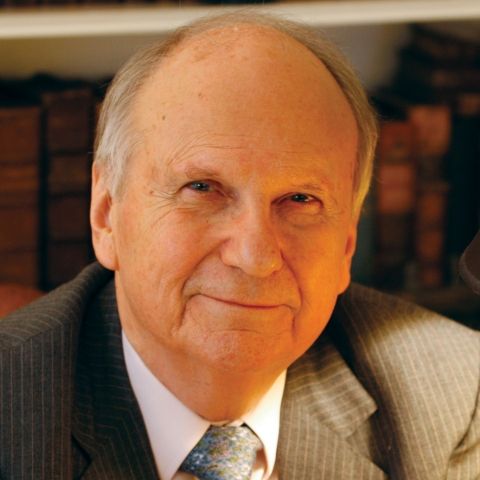
From Mason to Modern Times: 200 Years of American Rights
When the Virginia Convention of may 1776 assembled in Williamsburg, its members included most of the colony's best talent. Among those present were Patrick Henry, James Madison (then 25 year old), and Edmund Randolph (then only 22, later to become the first Attorney General of the United States ).
The question uppermost in the delegates' mind was independence. On May 15 the convention called on Virginia's delegates in Congress to move to declare the United Colonies free and independent states. The resolution of May 15 was in fact two resolutions. The first called for independence, the second appointed a committee to prepare a declaration of rights and a plan of government "as will be most likely to maintain peace and order in this colony, and secure substantial and equal liberty to the people." It is noteworthy that, in the text of the resolution, provision for a bill of rights precedes the plan of government. The delegates were behaving as if they were in a Lockean state of nature, in which natural rights preceded civil society.